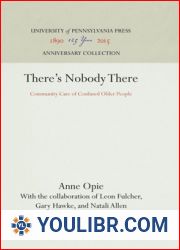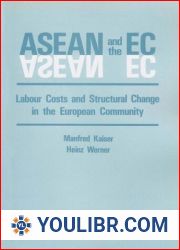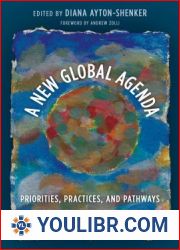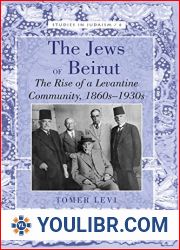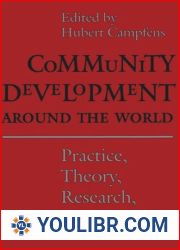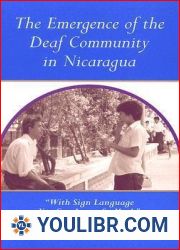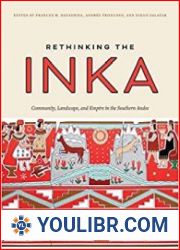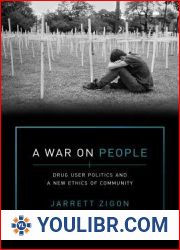
BOOKS - Community-Based Conditional Cash Transfers in Tanzania: Results from a Random...

Community-Based Conditional Cash Transfers in Tanzania: Results from a Randomized Trial (World Bank Studies)
Author: David Evans
Year: February 11, 2013
Format: PDF
File size: PDF 20 MB
Language: English
Year: February 11, 2013
Format: PDF
File size: PDF 20 MB
Language: English
Given the success of conditional cash transfer programs elsewhere, in 2010 the Government of Tanzania launched a pilot conditional cash transfer program in three districts. The program used a model that relied on communities to target benefi ciaries, monitor conditions, and deliver payments. The aim was to understand whether such a program could improve outcomes for the poor in the way more centrally administered conditional cash transfer programs have in other contexts. The program provided cash payments to poor households, conditional on their compliance with certain health and education requirements aimed at children and the elderly. Because resources were scarce, the government randomly selected 40 out of 80 eligible villages to receive the pilot program. Households in participating and comparison villages were broadly comparable at baseline. Community-Based Conditional Cash Transfers in Results from a Randomized Trial describes the program and the results of a rigorous, mixed-methods impact evaluation. After 2.5 years in the program, participating households were healthier and more educated. Health improvements that resulted from the conditional cash transfer program were greatest for the poorest of the poor. On average, the poorest benefi ciaries experienced a reduction in sick days of half a day per month, while their children between the ages of 0 and 4 years saw a reduction in sick days of one full day per month. In education, the program showed clear positive impacts on whether children had ever attended school and on whether they completed primary school. In response to the program, households also invested in risk Participating households were much more likely to fi nance medical care with insurance and to purchase health insurance than were their counterparts. On average, the program did not signifi cantly affect savings, although it did increase non-bank savings among the poorest half of participating households. Participating households also invested in more livestock assets, which they used to create small enterprises. In Community-Based Conditional Cash Transfers in Results from a Randomized Trial, the authors show that, overall, households that received the conditional cash transfer program were focused on reducing risk and on improving their livelihoods rather than principally on increasing consumption. The project also had positive effects on community cohesion.


















